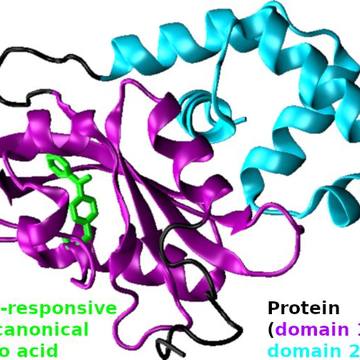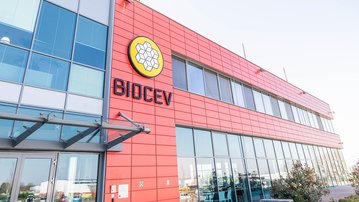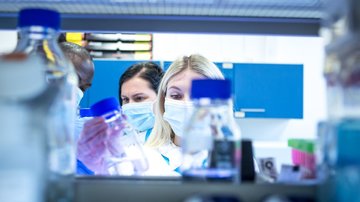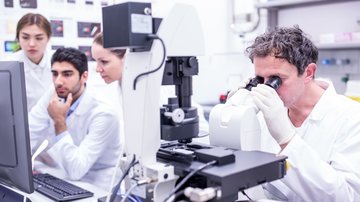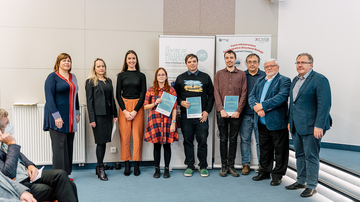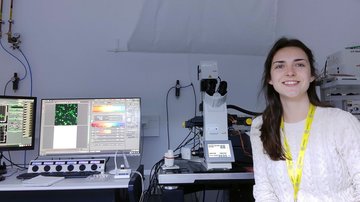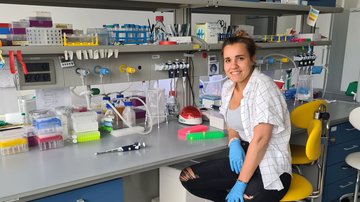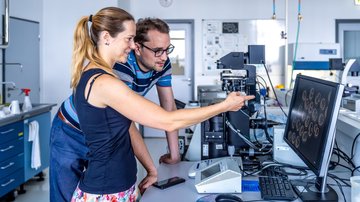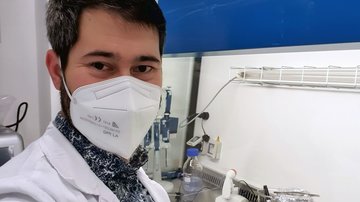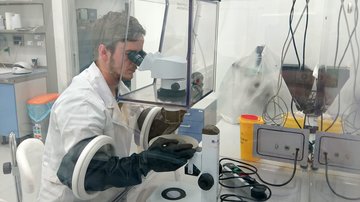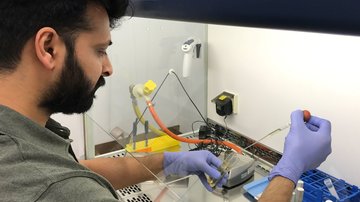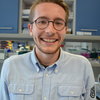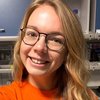About us
The PhD programme at the BIOCEV Centre facilitates postgraduate studies in the fields of biotechnology and biomedicine. Multiplicity of laboratories with diverse backgrounds have found home in the BIOCEV Centre, belonging namely to the two faculties of the Charles University (1st Faculty of Medicine and Faculty of Science) and the Institute of Biotechnology of Czech Academy of Science (CAS), as well as laboratories of five other CAS institutes - the Institute of Molecular Genetics, the Institute of Microbiology, the Institute of Physiology, the Institute of Experimental Medicine, and the Institute of Macromolecular Chemistry. All these combined create the BIOCEV Centre.
In addition to their research work, the scientific and professional staff of the BIOCEV Centre directly supervise PhD students, of whom over 150 currently work at BIOCEV, and are also involved in the education of both undergraduate and graduate students. In more than 50 laboratories at the BIOCEV Centre, students learn experimental techniques and scientific methodologies under the guidance of experienced experts, which they may apply in a wide range of professional scientific work.
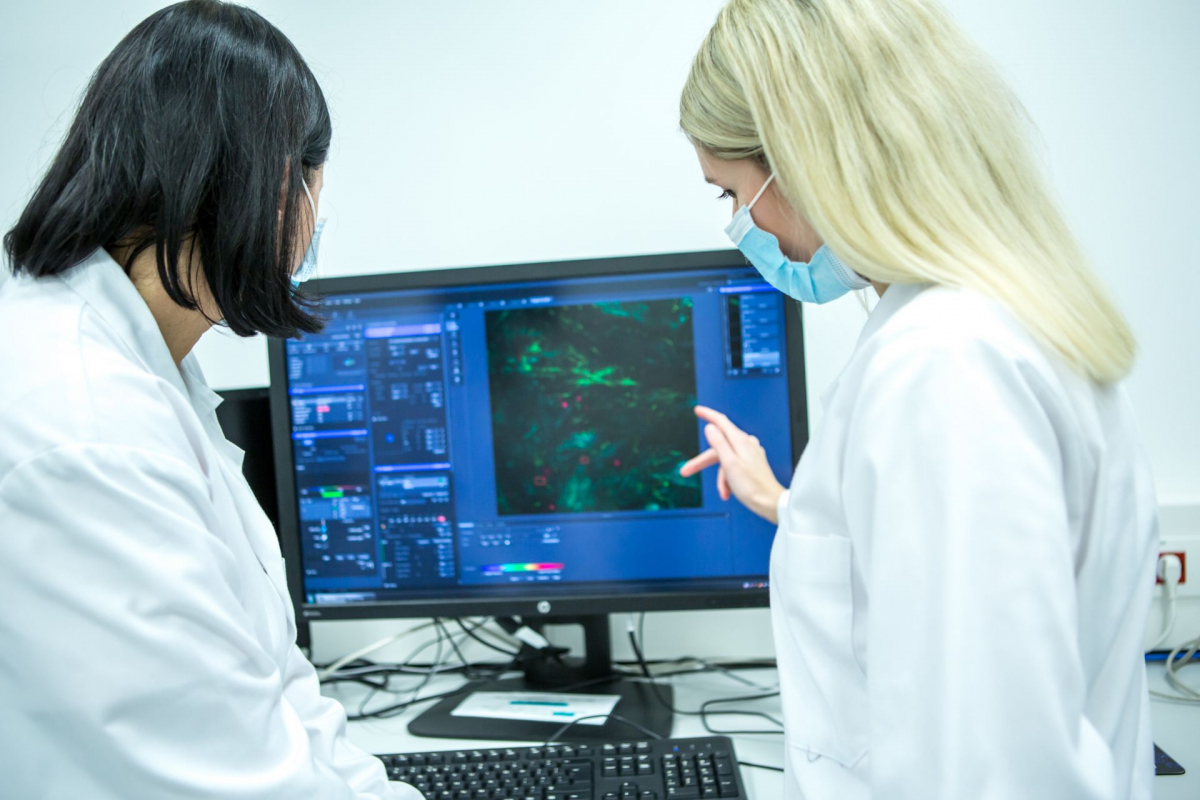
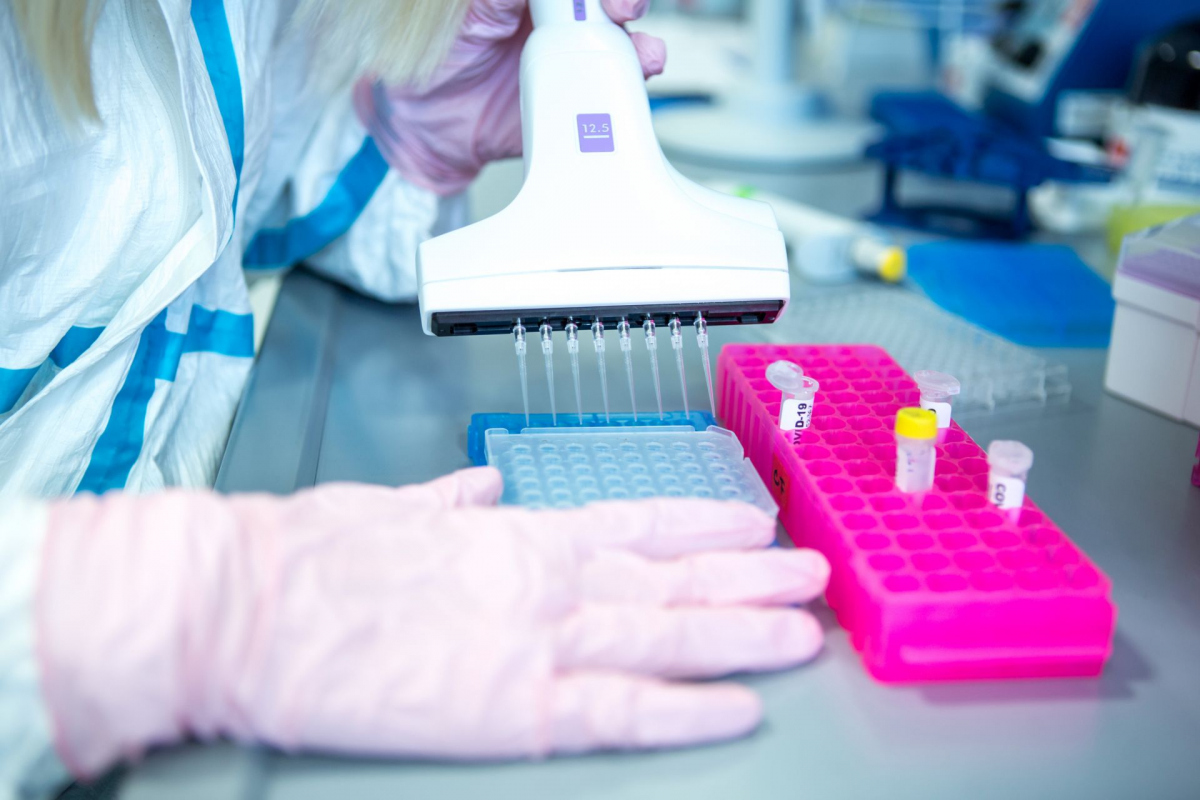
The aim of postgraduate training is not only to deepen knowledge in the chosen field, but also to acquire practical laboratory skills, including planning, conducting and evaluating a scientific experiment, writing scientific publications or student research projects. Similarly important is learning to present one's own scientific results and, last but not least, to develop critical thinking skills.

